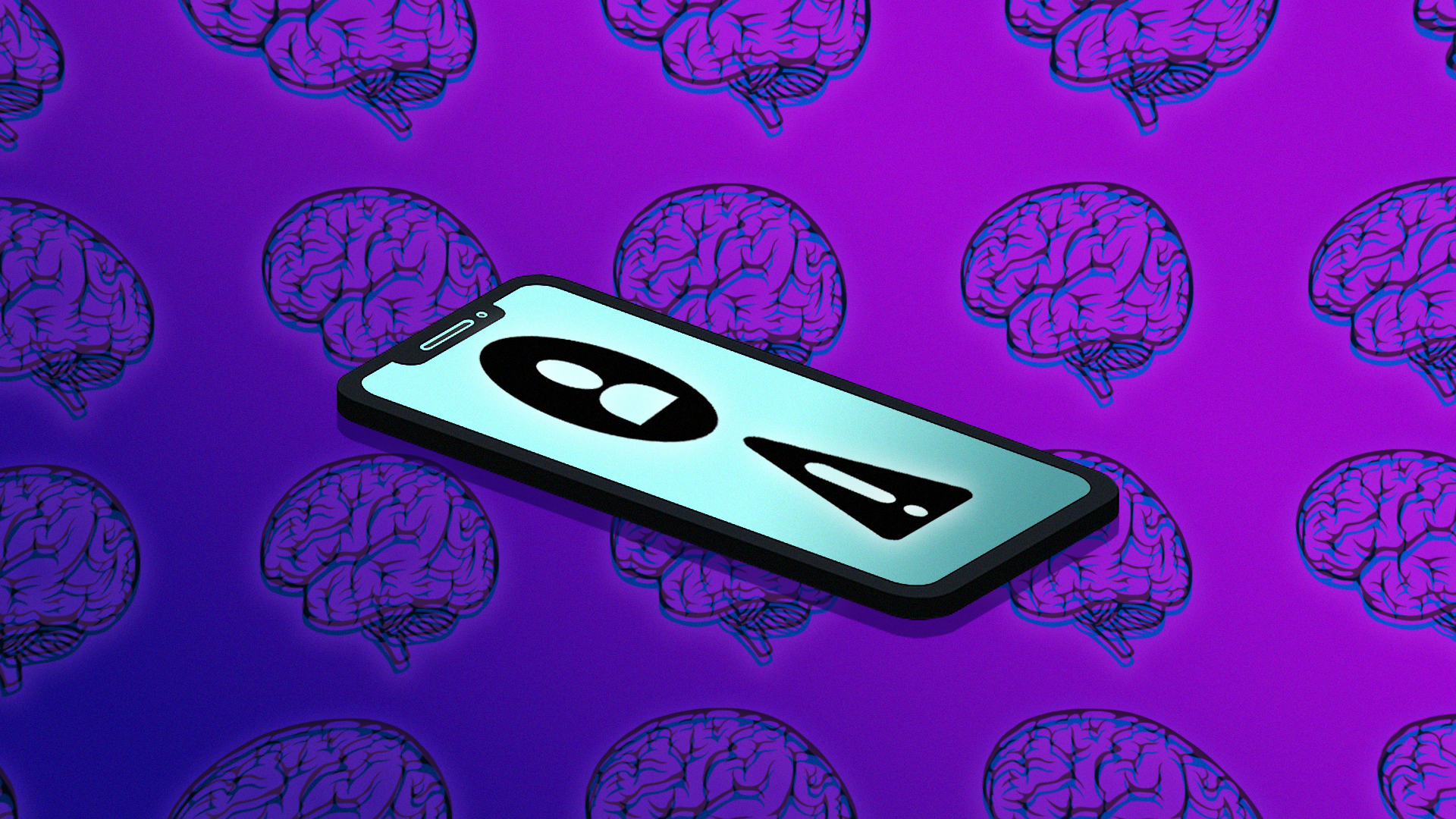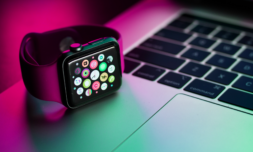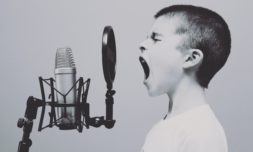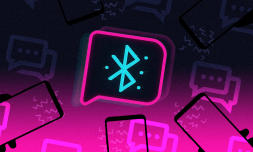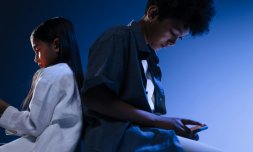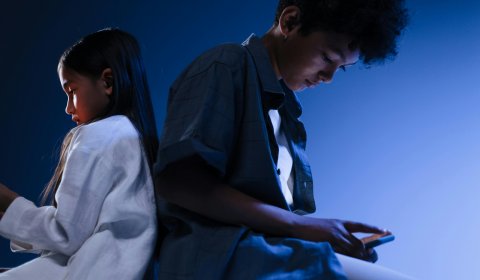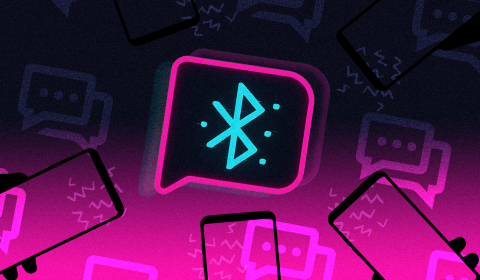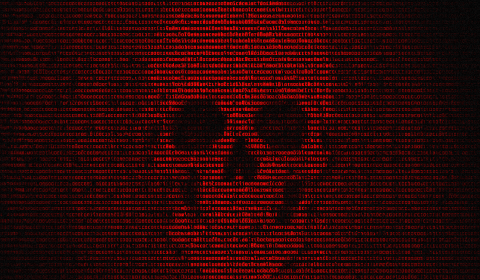Apple believes health data gathered from our iPhones, such as sleep patterns and typing behaviour, may help to identify underlying mental health conditions or cognitive decline.
We’ve all experienced that dystopian moment when a targeted phone ad pops up for an item you were just talking about. But this is a whole other level of eerie.
Apple is reportedly intrigued by the possibility of using live iPhone data to bring attention to any underlying mental health issues its users may be experiencing. How? Through subtle nudges in the form of mobile phone notifications. Bing! You may have OCD.
In theory, this digital diagnosis of sorts will help persuade more people to seek professional help and is being called project ‘Seabreeze.’ We can’t figure out why either.
The app’s early preparations
Using an array of stats racked up by our phones throughout the day, such as mobility, physical activity, sleep patterns, typing behaviour, and more, researchers are testing whether algorithms can be built to reliably detect the tell-tale signs of common disorders.
Working in cahoots with the University of California (UCLA), the tech giant began a pilot phase for the program last Autumn and has since rolled out a slew of health features for iOS 15.
Initially collecting iPhone and Apple Watch data from 150 users (all willing, of course), UCLA then referenced all findings against traditional health assessments and brain scans. This helped both parties understand what patterns and behaviours are typically synonymous with stress, anxiety, and depression.
A year on, phase two of the mission involves repeating the process but with a far larger sample of iPhone users – 3,000 people to be exact.
What signals we talking about? Stuff like facial expressions, the emotions in your voice, even what you type, also heart rate, sleep quality, how far/frequently you venture from home, how fast you walk. Research partners UCLA/Biogen looking at a subset of these data (6/n)
— Rolfe Winkler (@RolfeWinkler) September 21, 2021
The now clued up UCLA researchers will be privy to people’s iPhone cameras, keyboards, and audio sensors, and will record everything from how users speak, how fast and often they walk, their heart and breathing rates, sleep patterns, and more.
While this is taking place, users will fill out questionnaires about their general mood, concentration, and energy levels. A strange detail will also see researchers collect hair samples to measure people’s level of cortisol – commonly known as the ‘stress hormone’ – and see how it correlates with the rest of the data.
Once the study has fully concluded around 2023, and 20,000 people have forgone their digital privacy to Apple, the company aims to build a dedicated app that will notify those suffering cognitive decline or symptoms of a mental health disorder that they should seek professional care.









